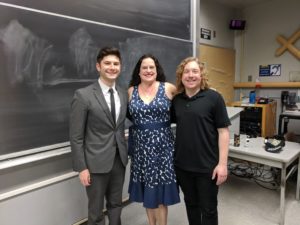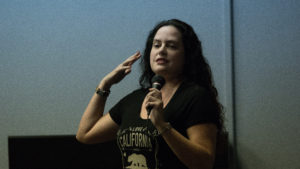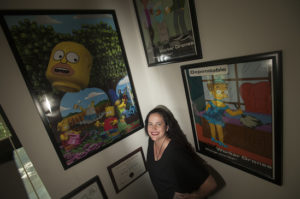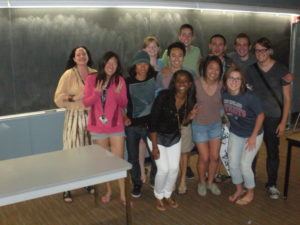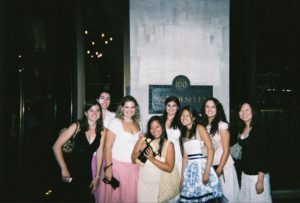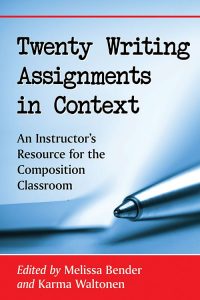by D’lana Pearce
On June 15th, 2019, I will be a college graduate. This is supposed to be the culmination of my hard work and yet I find myself dreading the future. I have a substantial knowledge on inequality (racial, sexual, and gender), I know a lot about colonization, political processes and corruption, what ATP is and how it works, cellular death, regression analysis, integration, and what a comma splice is (though I still have them in my writing–no one is perfect). However, I feel unprepared for the future. I have a large amount of student loan debt (well above the average), as well as credit card debt, and a general concern for life outside of the cushion of being a college student. I find myself asking a lot of questions, most of which don’t even pertain to college but are things I will have to learn quickly to be successful. Some of my questions are for far in the future but others I am stressed about at this very moment. I find myself up late at night, distracted by my thoughts about what I will do with my life once I graduate. I worry I will make the wrong career choice, professional behavior, or financial decisions and all my work in college will be rendered useless.
Some of my questions are:
1. How do I focus on health and wellness with a busy schedule?
2. How do property taxes work?
3. How do I understand my health insurance benefits?
4. How do I know if I am making enough money to buy a house?
5. Is better to not get a tax refund (and not owe anything) or to get a refund?
6. Is it better to have a will or a trust? At what age do I draft them?
7. How often do I *need* to go to the doctor?
8. How do I prepare for a professional interview? I’ve worked various minimum wage jobs but I have no idea what to expect when I go into interviews for a career.
9. What exactly is business casual?
10. How should I manage my personal finances?
11. What jobs value the skills my major teaches?
12. How do I network?
13. How do I apply theoretical course concepts to a job? I find it hard to believe that Karl Marx will be a daily conversation topic and yet I learn about him in almost every Sociology course.
14. How much do employers care about what I have posted on social media?
It’s not that I would expect a college to have a course teaching these things. In fact, many of these questions cannot be taught in one course. However, as I find myself pushed into the real world, I am finding that everything I know is not nearly as useful as I thought it was. It’s scary to find yourself in a position where you must make decisions that will truly alter your life with almost no experience and no textbook to look for answers in.



